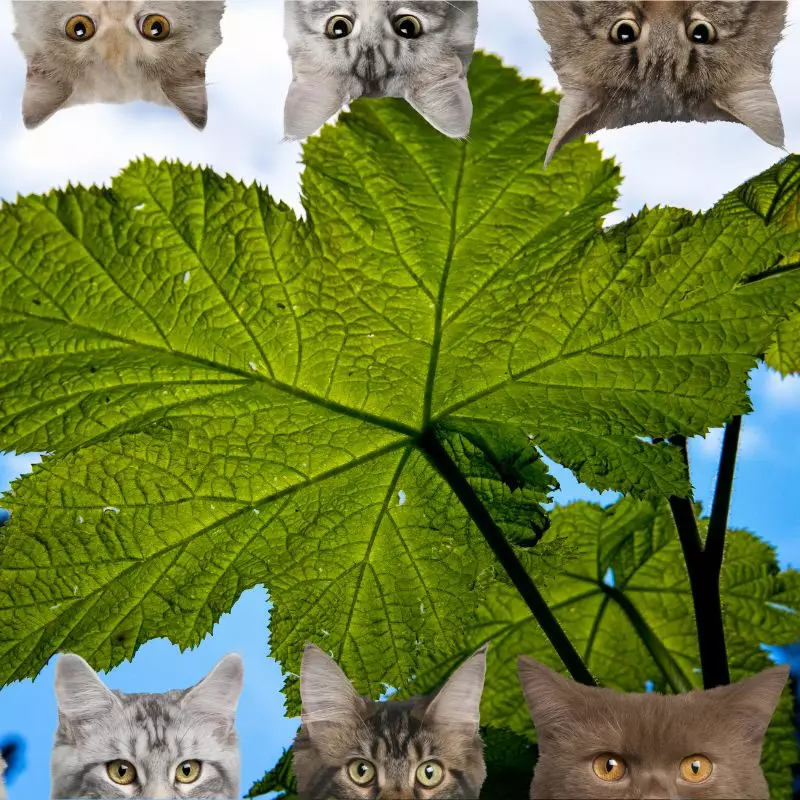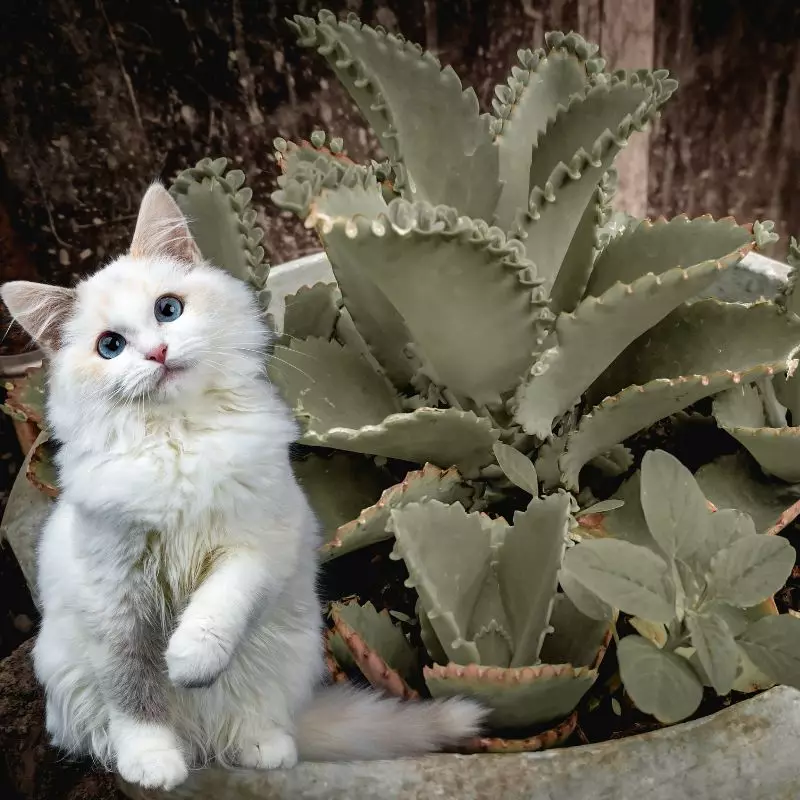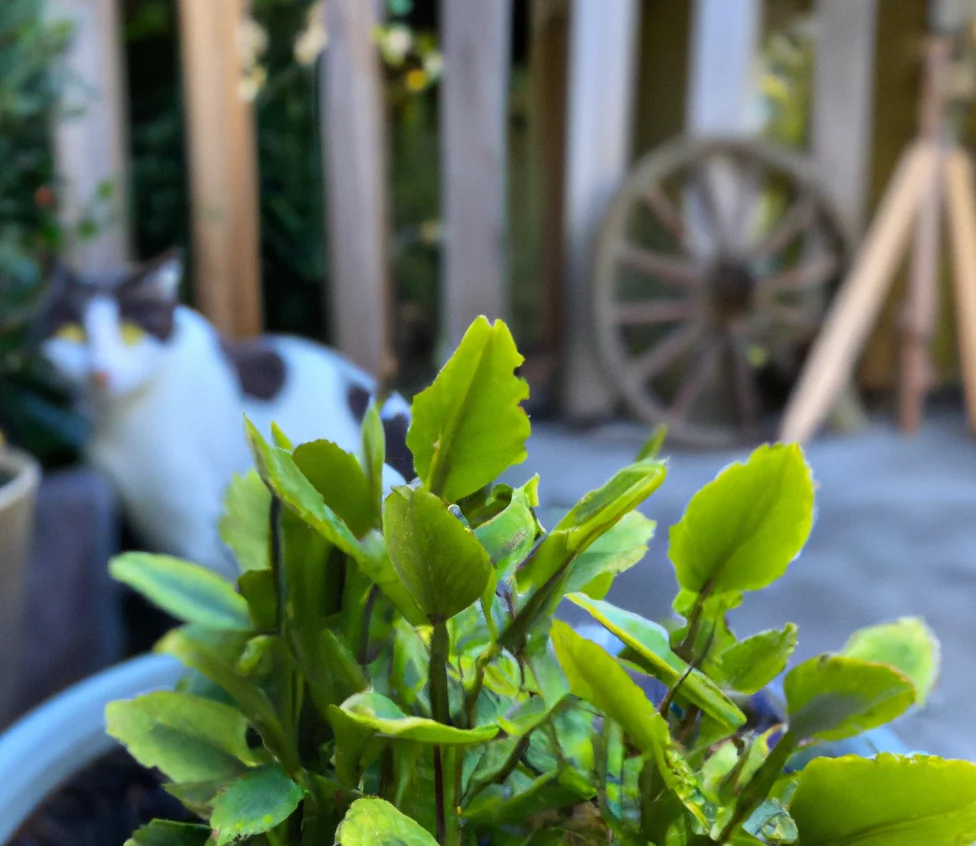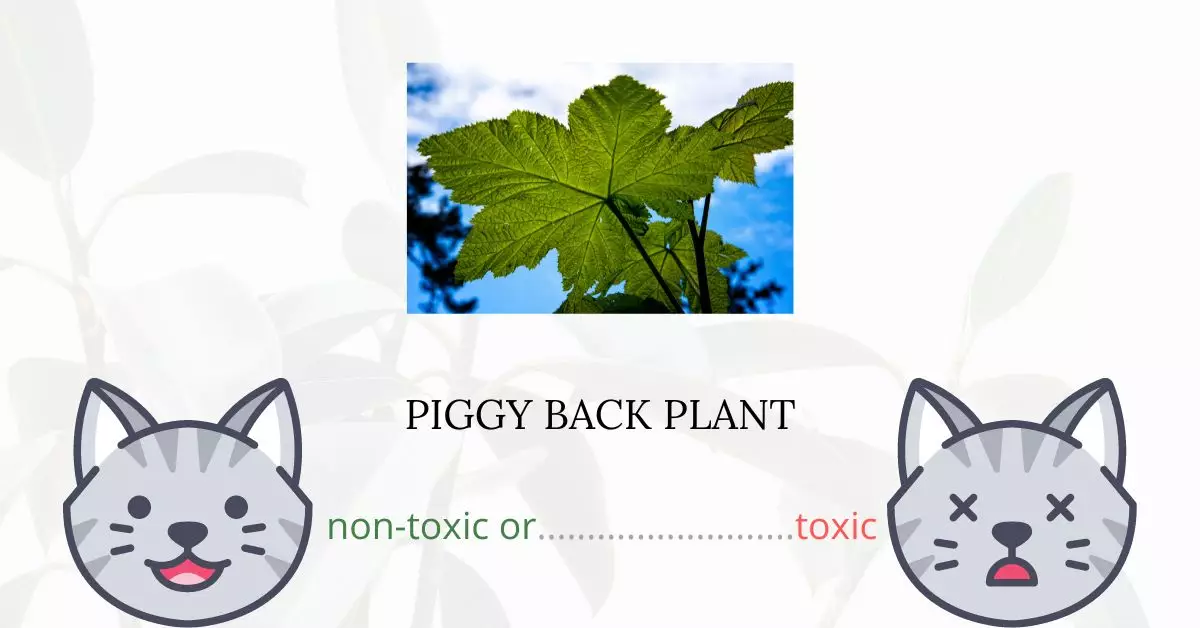The Piggy Back Plant is considered safe for cats.
This information is not solely based on our independent research, but is also endorsed through our collaboration with a team of experienced DVMs (doctors of veterinary medicine). These experts have lent their vast knowledge to ensure the accuracy and currency of our information on the potential risks associated with various plants, especially in relation to the Piggy Back Plant and its effects on cats. Furthermore, we have rigorously cross-referenced our findings with high-authority websites such as the ASPCA and PetMD.
Notably, the Piggy Back Plant is recognized on the ASPCA’s non-toxic plants list. Moreover, it is also deemed non-toxic for dogs, allowing peace of mind for households with both felines and canines. However, it’s always prudent to remember that even non-toxic plants might cause digestive upset if ingested, so exercising caution if your cat has a tendency to nibble on plants is still recommended.
Can Cats Eat Piggy Back Plant?

A tiny portion of the Piggy Back plant will not hurt our feline friends. Since this plant has no harmful elements, your cat will not suffer from life-threatening effects after having a bite.
However, you should remember that cats cannot properly metabolize plant materials because they are carnivorous species. Thus, they must avoid eating too many plants.
Some plants may also contain toxic residues from commercial plant care products. If you have plants at home, use only natural products to keep your cats safe. If your cat has eaten a plant outdoors, monitor if he or she will manifest poisoning symptoms.
What is Piggy Back Plant?

Piggy Back Plant has a lot of common names including Curiosity plant, Mother of Thousands, Pick-a-back plant, and Youth on Age.
Scientifically known as Tolmiea menziesii, the Piggy Back plant is a native evergreen perennial herb that may be found on the west coast of North America. It can reach a height of one foot as a ground cover in damp woods, marshes, and beside streams.
Small tubular purplish-brown blooms with loose racemes that resemble racemes develop on the plants in the spring, luring bees and butterflies. The mature leaves develop into plantlets at the base where the stem meets the leaf, and the maple leaf-shaped leaves create a thick ground cover. They do so and take root there. Rhizomes and seeds can also be used to spread the plant.
Keeping Cats Away From Piggy Back Plant

Some plants will release a pungent stench that cats will detest and steer clear of. To deter those bothersome paws, try putting them in amongst your other plants. Here are some plants that you can try planting:
- Rosemary
- Scaredy cat Plant (Coleus Canina)
- Lavender
- Lemon Thyme
- Rue
- Prickly plants like cacti and roses
Planting the aforementioned plants will keep your cats away from your gardens and from touching your other plants.
In general, cats dislike the smell of citrus or things with rough, uneven surfaces, such as pinecones. You can put pinecones on top of your garden soil to drive away your kitties.
Similar to this, things that are sticky (like tape) or unexpectedly crunchy (like aluminum foil) can act as effective deterrents.
Plants to Avoid For Your Cats
If you are a cat owner and unsure if the plants growing in your yard are harmful to your cats, check out this list of toxic plants for cats. You can also check our list of non-toxic plants for cats.





